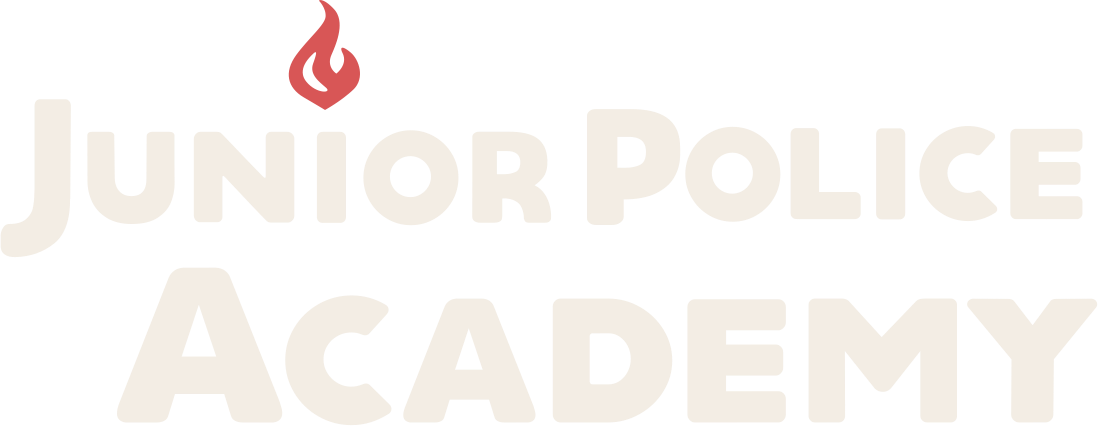A Police Officers Guide to Talking with Kids
You find yourself standing before a classroom of eager young faces. What should you talk about?
The statement below is written in the instructor's voice. Read it over. It may jump start possible themes for connecting your profession with youth.
As enforcers of the law, police play a crucial role in upholding democracy.
In democratic societies, citizens grant increased authority to police in order to live in a safe community. They give police the power to detain, search, arrest citizens, and lawfully use physical force when situations dictate.
This authority is unlike any granted to other members of the government. In this sense, police officers are the very pillars of a democratic society.
There is a social contract between citizens and law enforcement officers. This Trust is critical to a functioning democracy.
In the United States our rights are set forth in the United States Constitution. They are the rightful heritage of every citizen.
In a very real way, day in and day out, it is a police officers’ responsibility to safeguard a citizens’ constitutional rights.
The way that police officers talk to citizens;
the way that they interact during a traffic stop;
every sentence that they put together; every comment that they make to the community…
…all have a profound impact on how citizens view their government at large.
Every time a police officer has contact with the public, the citizen who is involved makes a judgement.
And studies have shown that the single most determining factor for how a citizen evaluates that contact is not “did I received a ticket”, but rather “was I treated fairly.”
How a citizen answers that question will renew or erode their confidence in democracy and the fairness of our system of government.
Life is Not Fair. But I Am
The police are the most visible pillars of a decent, harmonious society. When they act with predictability, restraint, and fealty to the rule of law, ordinary people gain faith in their government.
When the most dispossessed person in the poorest neighborhood receives the same treatment as the rich man living high upon the hill, civil society is strengthened and the police are ennobled.
The Guarantors of Personal Dignity
No doubt some will protest that human dignity-centered policing is a simplistic solution to a set of complex, often unique police challenges. But as the most visible public institution that is charged with maintaining justice, the police in their ordinary duties have the power to be guarantors of personal dignity and even-handed treatment — truly heroic figures in their own right.
These duties are a professional calling. They cannot be outsourced or privatized.
In the Junior Police Academy you will learn what police do and how they do it.
Knowledge and insight into the world of policing is something that is important to me; it’s important to this community; and it’s important to this country.
Why is that so important?
(Pause)
It’s
important because everything I do, everything my fellow officers do,
everything the sheriff’s department and the state police and the FBI and
all the branches of law enforcement do…we do in your name.
And your name. And yours.
Public safety is ultimately the responsibility of the entire community.
In a democracy, police officers draw their power from you.
What I do, I do in your name, and your father’s name, your mother’s name and every member of the community.
As a police officer, you are entrusted with enormous power. I can detain you and, at least temporarily, deprive you of your liberty.
How that power is applied is ultimately a reflection of the community, of you, its citizens.
So understanding what I do, is essential if you are to exercise your citizenship with wisdom and sound judgement.

